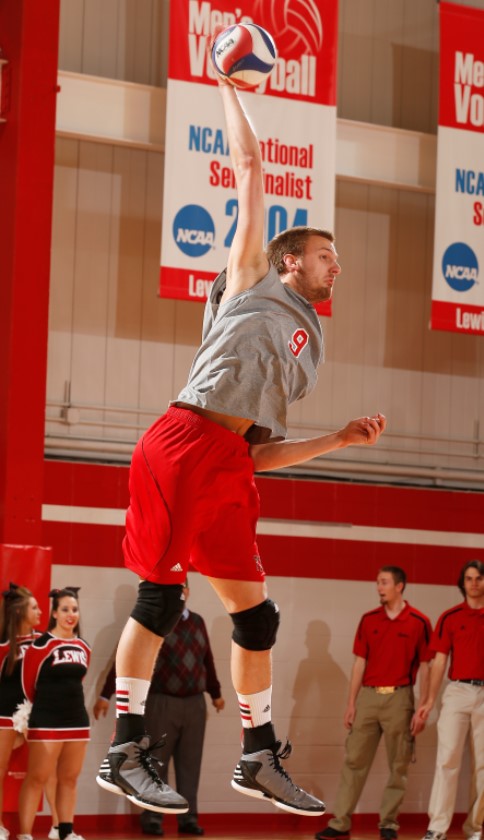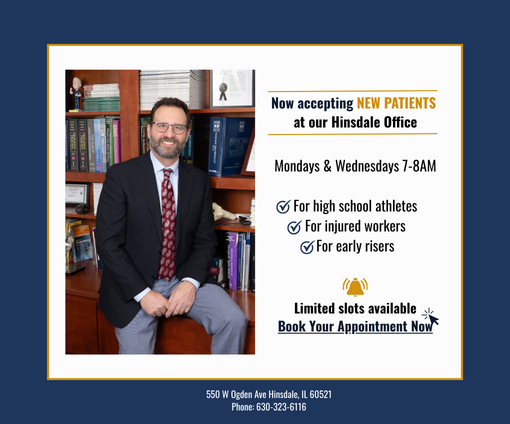
Volleyball ankle injuries need “RICE”
Inversion ankle sprains are the most common injury in volleyball. They often occur while landing from a jump on an opponent’s foot or taking a bad step while trying to change directions. Inversion ankle sprains involve the foot turning inwards relative to upper leg, sometimes rolling entirely over on the front and outside portion of the foot. Pain and swelling near the outside part of the ankle is the most frequent symptom. An inability to walk, pain further up the leg, severe tenderness to touch, or bruising may indicate a more serious ankle injury such as a fracture or high ankle sprain (syndesmotic injury ) and requires medical evaluation by a sports medicine physician to begin proper treatment and rehabilitation.
After a simple, low-grade ankle sprain, the immediate treatment is “RICE” which is short for Rest, Ice, Compression and Elevation. This is most important for the first two to three days following an injury to reduce pain and swelling. The earlier you start RICE treatment, the better. Begin basic range of motion exercises—such as ankle circles—right away. The next phase of rehabilitation involve strengthening and balance training. The final steps of an ankle injury recovery includes slowly progressing back to running, jumping and cutting movements before returning to full sport participation. If symptoms persist or increase with attempted rehab or return to volleyball, return to your RICE treatment and consult a medical professional to be evaluated.
Unfortunately, recurrence of inversion ankle sprains are common in volleyball. However, proper rehabilitation that includes balance training has been proven to reduce risk of re-injury. Lace-up ankle braces have been shown to reduce re-injuries. Proper footwear and playing surface, as well as completing a thorough warm-up before playing, can help reduce your overall risk of ankle injury. If managed properly, most ankle injuries recover fairly quickly returning athletes to the sport in about one to three weeks with very few long-term issues.
If you or someone you know suffered an ankle injury and needs to be evaluated, contact Dr. Chudik’s office by emailing contactus@chudikmd.com, calling 630-324-0402, or scheduling online at https://www.stevenchudikmd.com/schedule-online/.









